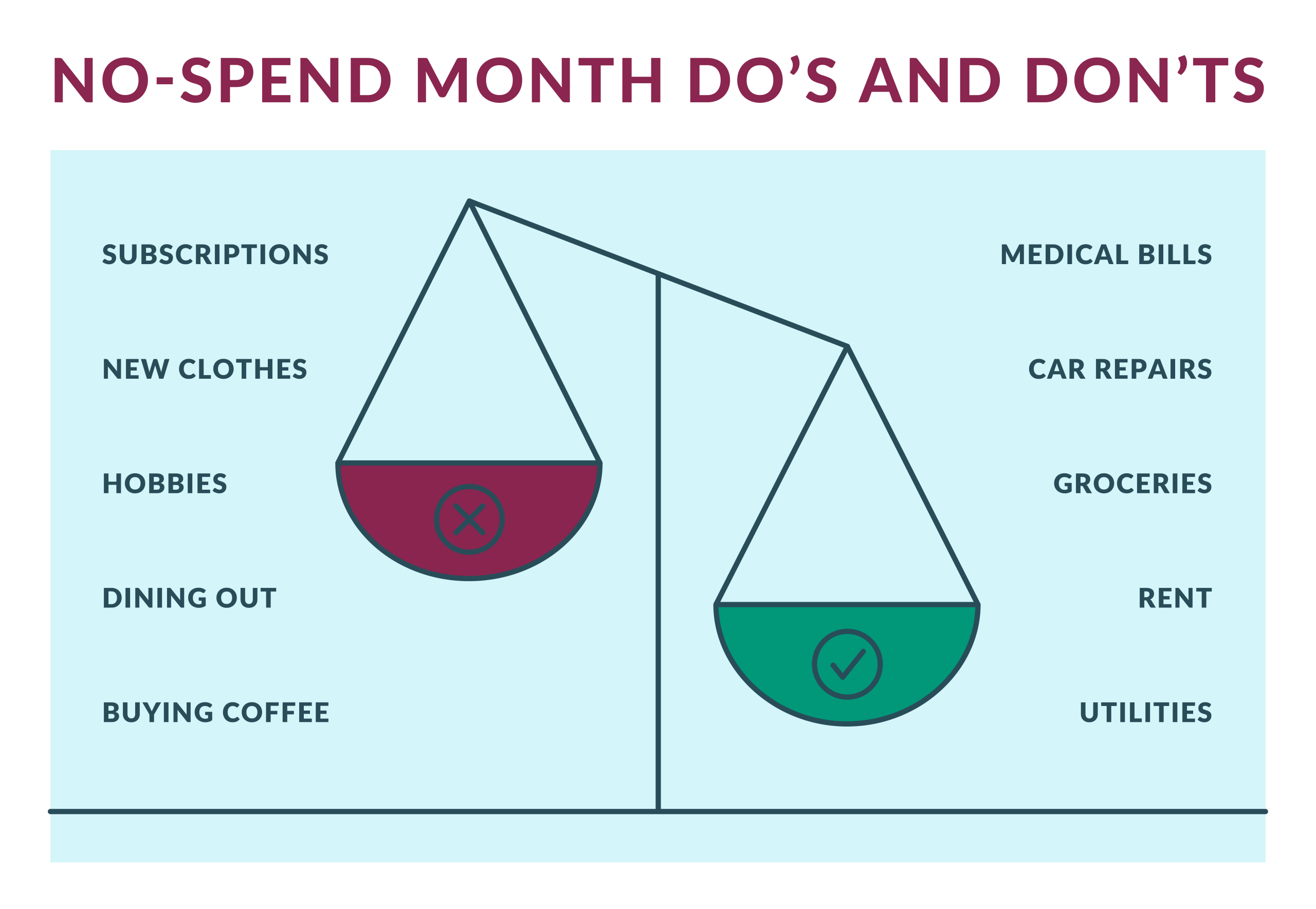Anúncios
In the financial world, credit card fees can seem like a complex web of terms and numbers, often leaving consumers confused and uncertain about the real implications for their wallets.
However, understanding these fees is crucial for making informed financial decisions and avoiding unpleasant surprises on monthly bills.
This guide will discuss credit card fees and what you can do to avoid each one.
Is it possible to avoid credit card fees?
For many consumers, avoiding credit card fees may seem like a daunting task, but it is not impossible.
There are several strategies cardholders can adopt to minimize or even completely eliminate these fees.
When applying for a credit card, it is essential to research and compare the available options.
Some cards are known for having lower fees or offering benefits that offset the charged fees.
Choosing a card with a transparent fee structure that suits your spending profile can help avoid unpleasant surprises.
Before applying for a credit card, it is crucial to carefully read the terms and conditions, especially the section detailing the associated fees.
Understanding late fees, annual fees, foreign transaction fees, and other charges is fundamental to avoid unnecessary expenses.
One of the best ways to avoid credit card fees is to pay the full statement balance within the payment due date.
By doing so, cardholders can avoid interest charges and financing fees, which are often applied to unpaid balances.
Another important issue for those who want to avoid credit card fees is cash advances and balance transfers.
These transactions are generally subject to additional fees and higher interest rates than regular purchases.
Avoiding these transactions whenever possible can help reduce the overall cost of owning and using a credit card.
Finally, credit card issuer policies and practices may change over time.
Staying updated on any changes in your card’s fees and policies can help avoid unpleasant surprises and allow you to adjust your financial strategy as needed.
By adopting these strategies and staying vigilant about the costs associated with using a credit card, consumers can significantly reduce or even eliminate credit card fees, making their financial experience more economical and smooth.
The main credit card fees
Now that you know more about how to avoid some credit card fees, let’s look at the main fees that cards typically charge.
Annual Fee
The annual fee, also known as the maintenance fee, is an amount charged annually by the credit card issuer for using their services.
This fee can vary widely between different cards, depending on the issuer, the type of card, and the benefits offered.
Some cards may have no annual fee, while others may charge hundreds of dollars per year.
Generally, cards that offer more generous rewards and premium benefits tend to have higher annual fees.
However, it is important to consider whether the benefits offered offset the cost of the annual fee before applying for or maintaining a card.
Late Payment Fee
The late payment fee is a penalty applied when the cardholder does not pay the minimum amount due by the due date.
This fee can vary depending on the card issuer and the overdue balance, but it is usually a fixed amount plus a percentage of the overdue balance.
In addition to incurring additional fees, failing to pay the bill on time can result in additional interest and damage to your credit score.
Therefore, it is essential always to pay at least the minimum amount due before the due date to avoid this fee and other costs associated with late payments.
Foreign Transaction Fee
The foreign transaction fee is charged whenever a transaction is processed in a foreign currency.
This fee is applied when the cardholder makes purchases or withdraws money in a country different from the one that issued the card.
Generally, this fee is a percentage of the transaction amount, ranging from 1% to 3% on average, although it may vary depending on the card issuer.
It is important to consider this fee when traveling internationally or making online purchases on foreign websites, as it can increase the total cost of the transaction.
Returned Payment Fee
The returned payment fee is applied when a payment made by the cardholder is returned due to insufficient funds, a closed account, or any other reason.
This fee can be charged by both the card issuer and the financial institution processing the payment.
In addition to the fee itself, failing to make timely payments can result in additional interest and damage to your credit score.
Therefore, it is crucial to ensure that sufficient funds are available in your account before making a payment to avoid this fee and other associated costs.
Over-Limit Fee
The over-limit fee is applied when the card balance exceeds the credit limit established by the card issuer.
This fee can be charged when a transaction is authorized even though it exceeds the available credit limit.
It is important to be aware of this limit to avoid incurring this fee, which is usually a fixed amount per occurrence.
Staying within the designated credit limit not only helps avoid this fee but also can protect your credit score and prevent negative financial consequences.
Cash Advance Fee
The cash advance fee is charged when the cardholder uses the credit card to withdraw cash, either from an ATM or when making a cash advance transaction at a bank or financial institution.
This fee is usually a percentage of the amount advanced, plus any interest accrued from the moment of the transaction.
Additionally, cash advances generally do not have a grace period, meaning interest starts accruing immediately.
For this reason, it is advisable to avoid cash advances whenever possible, as they can result in substantial costs and negatively impact the cardholder’s financial health.
Balance Transfer Fee
The balance transfer fee is applied when the cardholder transfers a balance from another credit card to their current card.
This fee is typically a percentage of the transferred amount, and in some cases, there may be a minimum fixed amount.
Balance transfers are often used by consumers to consolidate debt or take advantage of lower interest rates on a new card.
However, it is important to consider balance transfer fees when evaluating the feasibility of this option, as these fees can affect the total cost of the transfer and reduce the expected financial benefit.
Interest Charges
Interest charges are one of the main sources of revenue for credit card issuers and are applied when the card balance is not paid in full by the statement due date.
Interest is calculated based on the card’s annual percentage rate (APR), which can vary depending on the type of transaction (e.g., purchases, cash advances) and the card issuer’s policies.
It is important to be aware of your card’s interest rates and how they are applied to avoid paying more than necessary in interest.
Paying the full statement balance monthly is the best way to avoid interest charges and keep credit card costs under control.
Now that you know about credit card fees and how they work, it is worth studying and organizing to avoid each of them.
Did you like this? See more tips on our website. Take advantage and check out some facts about credit cards.






